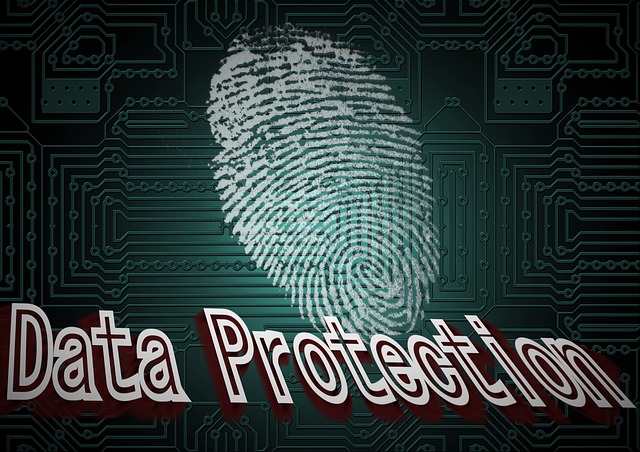Police Checks and Expungements
A police check is a public document issued by the police department of a specific state or country to record any criminal activity the individual might have. Criminal records may include certainty, arrest, as well as criminal charges. Criminal action can include assault, drunk driving, disorderly conduct, fraud, theft, violence, sexual offender, sex crime, possession of controlled material, robbery, and much more. Some countries require an applicant to get a as part of employment or licensure requirements. That is generally not required if the person applying for employment is at least 21 years old, has no prior record of criminal action, and is a O.Z. citizen.
Police Checks and Expungements
Police checks are regarded as a civil obligation under certain conditions. These scenarios typically consist of pre-employment screening, college admissions, licensure requirements, collection of country capital, leasing or renting property, certain home missions, and other similar employment screening and/or pre-employment requirements. In order to avoid a criminal record check, it is crucial to understand the many different kinds of checks which a police check employer can perform. Authorities checks fall into 2 classes depending on the authority in which they’re performed. An Australian police check is not the same as a U.S. police test.
A police check can be conducted under both the national and state legislation. The federal legislation covers all U.S. states and requires companies to obtain criminal record checks from their respective agencies. In most states, employment screening and criminal record checks are performed if the prospective employee applies for employment. Many times, the pre-employment authorities check will disclose information that isn’t deemed criminal, but could be utilized for job selection functions. The statutory declaration says that all police checks should be done by an agency that is licensed by the state to conduct such a check.

Some nations have further developed pre-employment authorities checks that are particular for their jurisdiction. For instance, in the state of Georgia, police checks are required if an individual applies to operate in the nation. The national criminal background check database at the FBI’s National Crime Information Center (NCIC) will offer a list of any felony conviction that an individual could have had previously. However, these police checks can’t be utilized for pre-employment functions. The reason for this is the statute of limitations for offenses doesn’t begin to run before the time that the person has served three years after the offense is committed. Thus, a person who’s accused of a felony and is then convicted isn’t immediately qualified for a certificate of completion.
In contrast, in the majority of states, a certificate of completion can be obtained after spending three years from the date of conviction. Nonetheless, in some states a certificate of completion is not disclosable. This implies that if the potential employee commits another crime within three years of being issued a police check, this will be used . In such examples, the potential employee must complete a licensed form acknowledging receipt of their police test
.Police Checks and Expungements
Similarly, in the example of expungement, all sexual offenders must undergo fingerprinting and to register with the state’s Sex Offender’s Registry. Each state determines its own rules and regulations with regard to such police checks. Some nations may vary when it comes to expungement registrations.
It’s essential to be aware that police checks and expungements differ in Australia. An expunged police test stays on the police record until it’s filed for a police clearance certificate. A police check can’t be expunged. Expiried documents remain on the individual’s police document until it is cleared.

